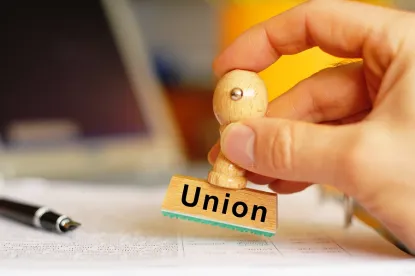A group of 106 university and law school professors of labor law and employment relations has petitioned the National Labor Relations Board to issue a rule amending its long-held position regarding “captive audience” meetings held by employers in connection with NLRB-conducted union elections. The petition, filed on January 15, 2016, requires “equal time” for unions, if requested; if the union is not given equal time, an employer’s election victory will be overturned and a new election conducted.
More than sixty years ago the NLRB ruled in Peerless Plywood that employers are permitted under the National Labor Relations Act to hold captive audience meetings in connection with union elections. Under the captive audience doctrine, an employer is permitted to hold mandatory employee meetings preceding the election whereby an employer may speak to employees about unionization. These mandatory employee meetings typically are held at the employer’s worksite during working hours and, under the rule, may not end less than 24 hours prior to the opening of the polls. There is no requirement, however, that union organizers be given equal access to workers. In other words, employers may bar unions from the employer’s premises and not allow them to speak to employees during worktime.
Under the Board’s rules and regulations, an “interested person” may petition the NLRB “for the issuance, amendment, or repeal of a rule or regulation.” Those rules also provide that the Board may “either grant or deny the petition in whole or in part, . . .” Through their “interested person” petition, the professors argue that permitting only employers to hold “captive audience” meetings constitutes a violation of the “laboratory conditions” requirement for union elections.
The petition is not the first attack on the captive audience rule. States have unsuccessfully attempted to pass legislation invalidating the rule, and several members of Congress have introduced bills to overrule Peerless Plywood.
Despite the petitioners’ argument to the contrary, the captive audience rule is an important employer tool in communicating its message to employees, especially in view of the NLRB’s strict regulation of employer speech. While union communication, often comprised of lavish promises of greater benefits and higher wages, is largely unregulated during a campaign, employers cannot make promises of improvements and are largely prohibited from discussing employee grievances. Nor can employers make personal visits to employee homes to express their views on election issues, as can union representatives.
The NLRB has made it clear it intends to follow a pro-labor agenda encouraging increased unionization. However, given the common and established usage of captive audience meetings, based on such longstanding precedent, we think it unlikely the NLRB will alter its position on such speech. Employers should keep a close watch on this petition, however, and for any further action by the NLRB in 2016 .






 />i
/>i
